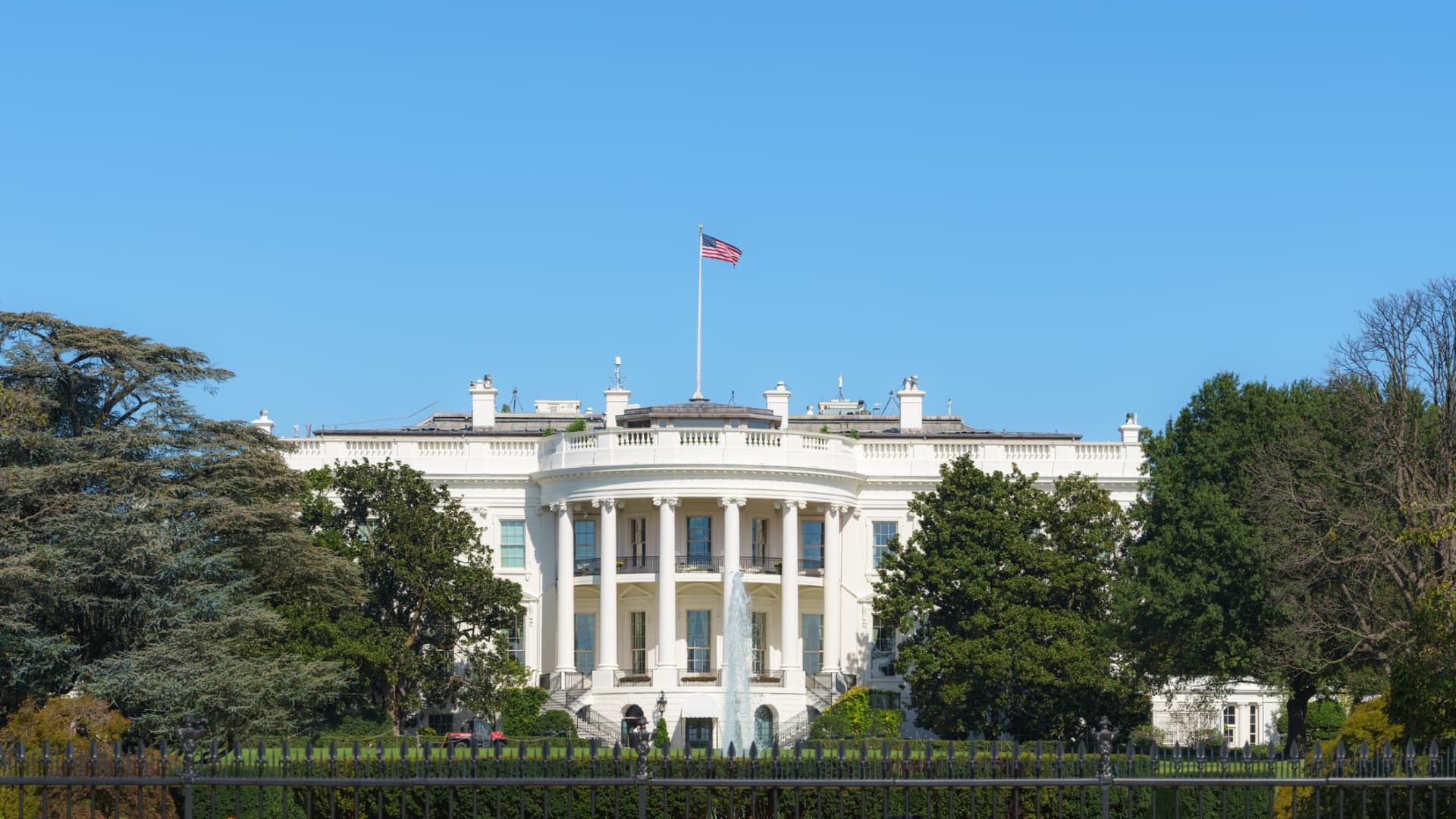[ad_1]
If Vice President Kamala Harris wins the U.S. presidency in November, her administration could be less hostile toward crypto than President Joe Biden’s has been, says TD Cowen, but the comparison to a potential second Donald Trump presidency is more challenging. Vice President Harris, who is set to accept her party’s presidential nomination at the Democratic National Convention this week in Chicago, has been rising in the polls since she entered the race . This has made much of the crypto industry feel ill at ease given the anti-crypto crusade in recent years led by Biden-appointed U.S. Securities and Exchange Commission Chair Gary Gensler and Sen. Elizabeth Warren, D-Mass. Harris has not publicly expressed a view on the crypto industry. Meanwhile, former President Trump swiftly changed his tune on bitcoin this summer and has embraced the community as a voting bloc, agreeing to appear at one of the industry’s largest conferences in Nashville and adding it as a priority in his Republican Party Platform . “We view Kamala Harris as more open to crypto and digital assets than Joe Biden, though we do not view this as a priority and believe the industry could continue to face hostile regulators,” TD Cowen’s Jaret Seiberg wrote in a note Thursday. “Trump in recent months has reinvented himself as a crypto advocate as he courts the industry. Yet history tells us that this does not guarantee that Trump’s regulators in the second term will be more accommodating to crypto than during his first term.” It’s important “not to confuse candidate rhetoric with actual policy progress,” he added. He emphasized that although Harris would be “more receptive” to the industry and more willing to support policy initiatives that encourage crypto industry growth, it’s hard to see her opposing efforts to enhance crypto investor protections. That means there’s probably “a continued role” for the SEC in overseeing most tokens and trading platforms. The agency under Gensler has become notorious for its refusal to provide clear guidance for crypto businesses keen to operate by the rules, instead opting to regulate by enforcement actions. “We believe both Trump and Harris would sign crypto market structure legislation if it is able to emerge from Congress,” Seiberg said. “We believe such a bill may be slightly tougher on investor protection with Harris in the White House, though perhaps not in a way that is enough to matter.” Many consider it a longshot for Congress to pass crypto legislation in an election year. Still, last week U.S. Senate Majority Leader Chuck Schumer said his goal “is to get something passed out of the Senate and into law by the end of the year, and I believe we can make that happen,” speaking on the “Crypto4Harris” virtual town hall. Democratic lawmakers have been seen as less friendly toward crypto — due largely to Warren’s openly anti-crypto stance and Gensler’s seeming attempts to hold the industry back — than Republicans. That is changing quickly , however. The crypto industry sees itself as nonpartisan, and in recent weeks, bipartisan support for crypto in Congress has been growing. —CNBC’s Michael Bloom contributed reporting.
[ad_2]
